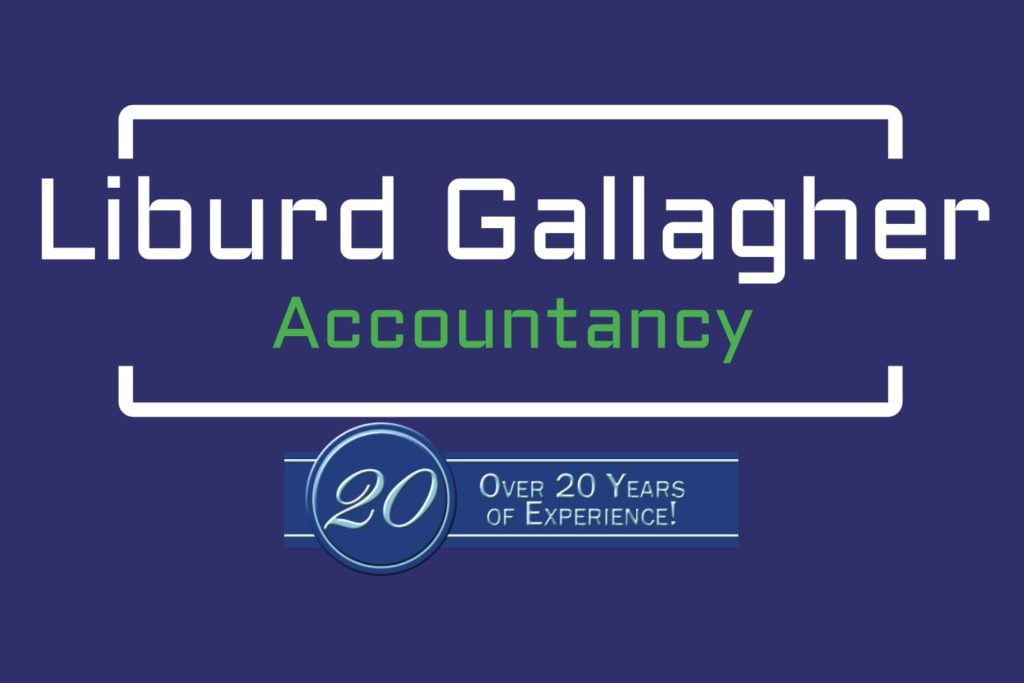Inheritance tax: Seven easy ways to slash HMRC bill AFTER the passing of a loved one
It’s easy to overlook HMRC’s small print when assessing the estate’s value, especially if people aren’t receiving specialist professional advice.
A good RICS Registered Valuer will pick on all these niche points and many more. It could save the estate thousands by instructing a professional valuer to delve into detail on all the legal loopholes HMRC offers. A professional valuation could also mitigate the risk of HMRC scrutiny down the line.
’HMRC strongly advises executors or administrators to instruct ‘a qualified independent valuer’ to assess the value of the property for probate.
The professional valuation report (known as an ‘RICS Red Book’ report) should incorporate answers to all the following critical questions, which could help lower your tax bill.
- You can ask for a five percent reduction if the property has tenants in situ.
- If the property is occupied by short term tenants for one year or less, HMRC usually accepts a discount of five percent on the full value of the property.
- If the tenant has signed a commercial lease or has a longer fixed term tenancy, the deductions can be greater than 5 percent.
However, many people miss out on this easy win tax saving.
Other factors which can affect how much IHT family members pay include if the property was co-owned at the time of passing.
- Section 18 of the IHT Manual permits a further 15 percent deduction of the deceased’s share of the property, if at the valuation date, any co-owner remained in occupation of the property as their main residence.
- If the co-owner(s) did not occupy the property as their main residence, the discount can still be up to 10 percent.
- If the property is co-owned by a company, a discount on the deceased’s share of up to 20 percent can be applied depending on whether the deceased owned minority shares or majority shares.
Seven questions people need to ask themselves are:
1) What date was the property valued at?
The value of the property at the date of death may be much lower than the current market value or any Estate Agents appraisal.
2) Is the Property tenanted?
Many estates miss out on this easy win concession.
3) Are there any major defects to the Property or missing safety certificates?
If at that date of death, the property was suffering from defects such as subsidence or severe damp, even if these faults have now been fixed, these matters should be considered when assessing the value.
4) Was the property co-owned at the date of passing?
The discount can be up to 10 percent.
5) Is the Property owned by a company?
Again, a discount on the deceased’s share should be applied, up to a maximum of 20 percent.
6) Are there any unneighbourly issues affecting the property?
A neighbour’s planning application can have an adverse effect on the value of the
property.
7) Is the property in a block of flats?
This could cause additional expenses if work is in the pipeline.
For help or advice with your inheritance tax call Liburd Gallagher Accountancy on 0208 426 5245



